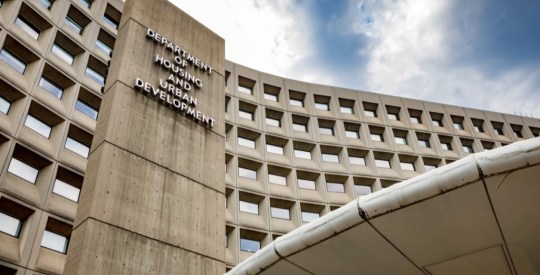The sheer amount of reform taking place along every step of the mortgage process shows just how broken it was – or rather continues to be. Another recession seems ever more imminent as housing continues to limp along into an uncertain future and as the European crisis proves increasingly unsolvable.
But riding the Blue Line train from downtown Chicago out to O'Hare airport, you can tell this one will be different for Americans. A struggling rap artist shakes his head defiantly as he pitches his friend on a possible recording studio. Students adjust their shoulder bags and stare grimly out the windows, urged on sometimes only by the music in their headphones. Shops and restaurants sit quietly in these suburbs beside the tracks. Nearly every apartment window is lit as more people stay in.
They're going to do this one themselves, and if the recent uprising of protests around the country and even in this very city illustrate, is that this time they're also paying attention. David Stevens, the new CEO of the Mortgage Bankers Association, understands this. He understood it even during his time at the Federal Housing Administration when he often gave speeches about a different sort of crisis waiting for the mortgage industry: Banks are simply out of trust.
"For us, getting this industry on the right footing going forward is the priority. We have to first and foremost restore the faith of the consumer and put protections in place when they buy a home in the future," Stevens said at a small luncheon Tuesday.
Everything is being redone: Loan-officer compensation, servicing fees, risk retention, qualified mortgages, the entire structure of how mortgages will be financed in the future, appraisals, refinancing guidelines, how REO is sold, and more. Ed Haldeman, the CEO of Freddie Mac, even boasted during a speech Tuesday night that their basic business technology platform was updated for the first time since the 1980s.
An executive at one large bank spoke with me briefly about why it is the industry has seemed so unprepared for so long. He said at a meeting in 2007 between other executives, then Treasury Secretary Hank Paulson and a roomful of regulators, the consensus was that the upcoming crisis would be contained within the 10% to 15% market share of the subprime universe.
At the 98th annual MBA gathering, there were no such illusions, at least, about what would be waiting for them by the time of the 99th.
Write to Jon Prior. Follow him on Twitter @JonAPrior.



